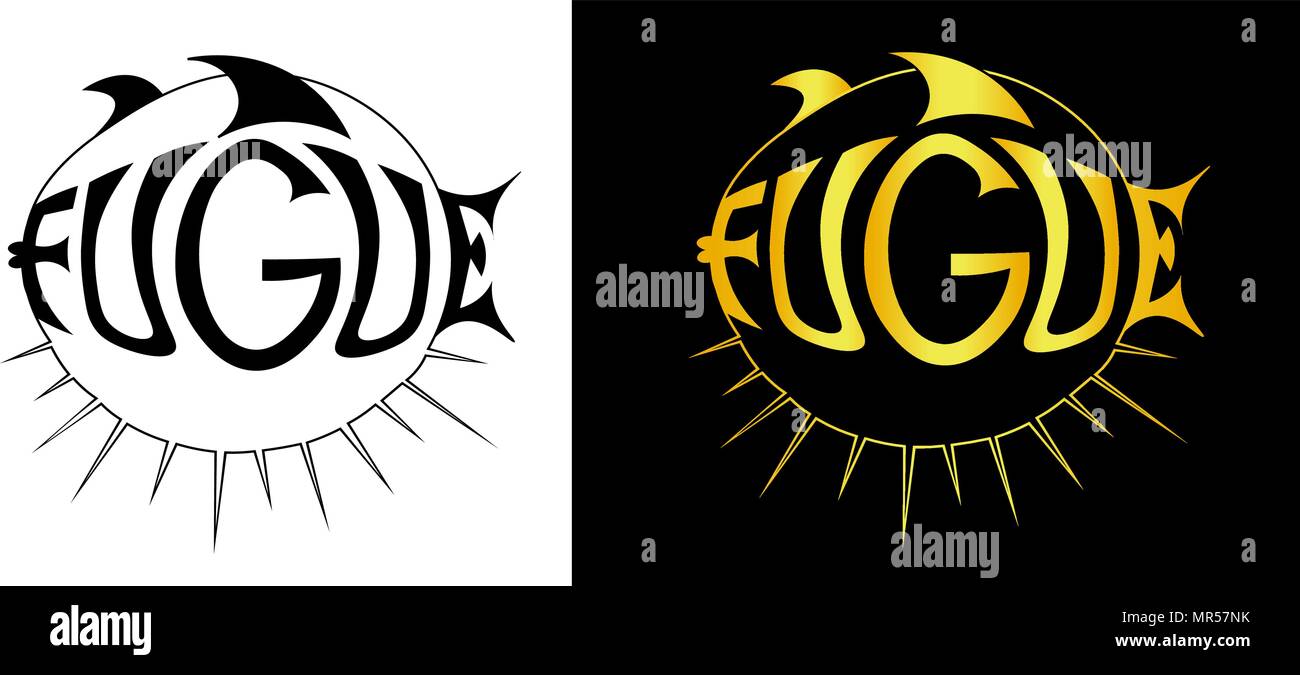

Īs the person experiencing a dissociative fugue may have recently experienced the reappearance of an event or person representing an earlier life trauma, the emergence of an armoring or defensive personality seems to be for some, a logical apprehension of the situation. It is a complex neuropsychological process.
#Fugu meaning code
Unlike retrograde amnesia (which is popularly referred to simply as "amnesia", the state where someone forgets events before brain damage), dissociative amnesia is not due to the direct physiological effects of a substance (e.g., a drug of abuse, a medication, DSM-IV Codes 291.1 & 292.83) or a neurological or other general medical condition (e.g., amnestic disorder due to a head trauma, DSM-IV Code 294.0). The cause of the fugue state is related to dissociative amnesia, (Code 300.12 of the DSM-IV codes ) which has several other subtypes: selective amnesia, generalized amnesia, continuous amnesia, and systematized amnesia, in addition to the subtype "dissociative fugue". This will allow the subject to be recovered sometimes spontaneously when particular cues are encountered. Given the very delicate and oftentimes dramatic nature of memory loss in such cases, there usually is a concerted effort to help the person recover their identity and history. Both global and situationally specific amnesia are often distinguished from the organic amnesic syndrome, in that the capacity to store new memories and experiences remains intact. However, although some fraction of psychogenic amnesia cases can be explained in this fashion, it is generally acknowledged that true cases are not uncommon. As Kopelman (2002a) notes, however, care must be exercised in interpreting cases of psychogenic amnesia when there are compelling motives to feign memory deficits for legal or financial reasons. Committing homicide experiencing or committing a violent crime such as rape or torture experiencing combat violence attempting suicide and being in automobile accidents and natural disasters have all induced cases of situation-specific amnesia (Arrigo & Pezdek, 1997 Kopelman, 2002a). The diagnosis is usually made retroactively when a doctor reviews the history and collects information that documents the circumstances before people left home, the travel itself, and the establishment of an alternative life.įunctional amnesia can also be situation-specific, varying from all forms and variations of traumas or generally violent experiences, with the person experiencing severe memory loss for a particular trauma. Sometimes dissociative fugue cannot be diagnosed until people return to their pre-fugue identity and are distressed to find themselves in unfamiliar circumstances, sometimes with awareness of "lost time".

The doctor reviews symptoms and does a physical examination to exclude physical disorders that may contribute to or cause memory loss.

This section needs additional citations for verification. It is most commonly associated with childhood victims of sexual abuse who learn to dissociate memory of the abuse (dissociative amnesia).
#Fugu meaning series
Fugues are precipitated by a series of long-term traumatic episodes. An episode of fugue is not characterized as attributable to a psychiatric disorder if it can be related to the ingestion of psychotropic substances, to physical trauma, to a general medical condition or to dissociative identity disorder, delirium, or dementia.
#Fugu meaning manual
It is a facet of dissociative amnesia, according to the fifth edition of the Diagnostic and Statistical Manual of Mental Disorders ( DSM-5).Īfter recovery from a fugue state, previous memories usually return intact, and further treatment is unnecessary. Dissociative fugue usually involves unplanned travel or wandering and is sometimes accompanied by the establishment of a new identity. The state can last for days, months or longer. The disorder is a rare psychiatric phenomenon characterized by reversible amnesia for one's identity, including the memories, personality, and other identifying characteristics of individuality. Dissociative fugue ( / f juː ɡ/), formerly called a fugue state or psychogenic fugue, is a mental and behavioral disorder that is classified variously as a dissociative disorder, a conversion disorder, and a somatic symptom disorder.


 0 kommentar(er)
0 kommentar(er)
